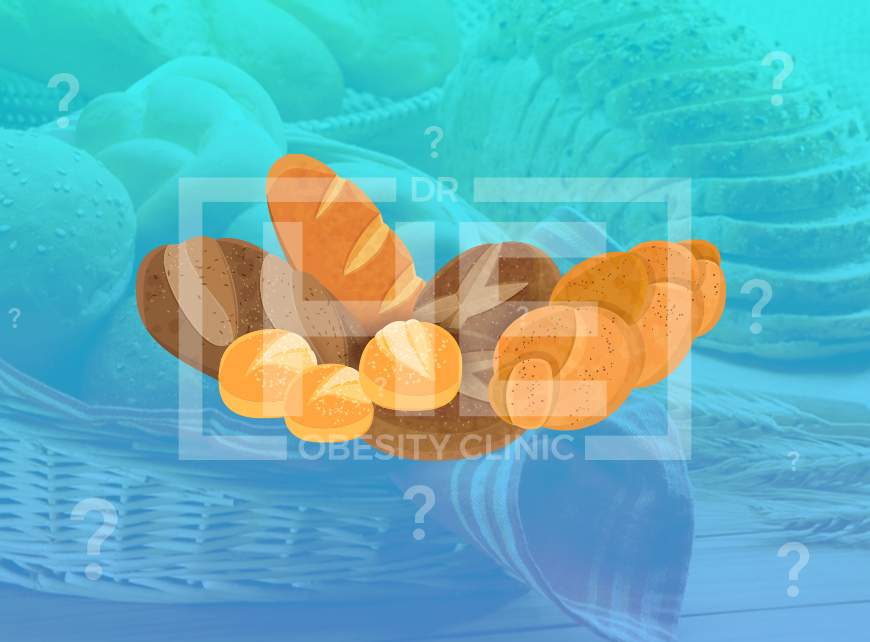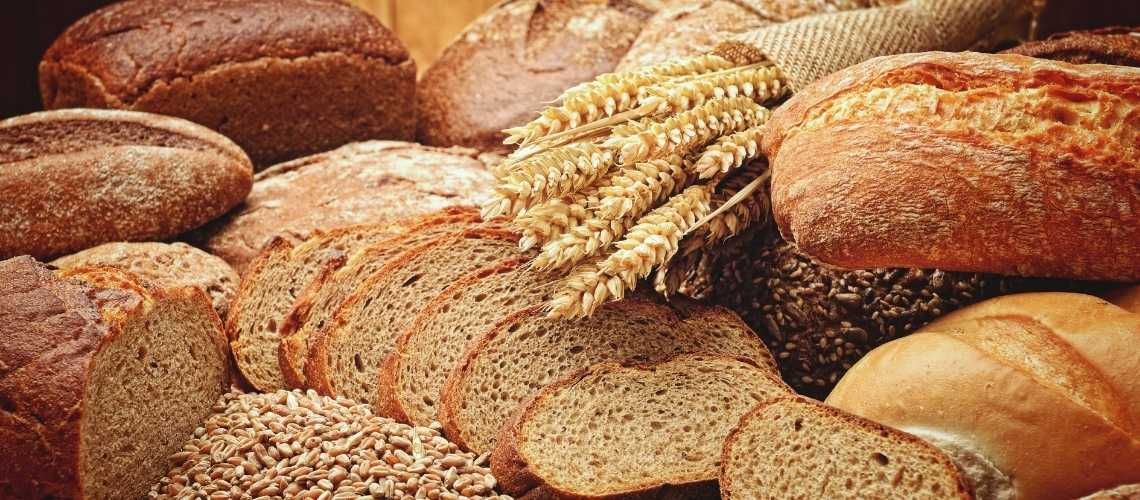
When can you eat bread after gastric sleeve For the first 6-8 weeks following surgery, avoid eating bread. Due to the obvious grainy composition of bread, cereal, and noodles, they may build a mixture in your throat following the operation, making it difficult to swallow without liquids. Toasting bread helps make it crunchier, less mushy, and simpler to consume if you are trying it for the first time.
Some individuals regularly consume breads. Some of them seem to not. Some people have a hard time digesting bread, while others do just fine.
It is a carbohydrate, and meals like bread might be a trigger for certain individuals. Take into account your own unique set of conditions. If bread is triggering for you, it is better to avoid it entirely, however, this differs from person to person.
If you are going to have bread after bariatric surgery, keep in mind that you should cover it with something delicious and nutritious! After the operation, the serving size is generally simply one slice of bread or toast.
Eggs, avocados, cheeses, bacon, and salads vegetables are all ideal additions since they provide a healthy source of protein, beneficial fats, and essential nutrients to help you get through the day.
After surgery, the inclusion of carbs into your menu must be evaluated on an independent basis depending on your sensitivity rates, weight reduction objectives, and eating behavior suitability.
On average, some carbs can be included in the diet during the full-liquid phase, in the portion of protein drinks, protein powder-based milkshakes, and low-fat, low-sugar dairy and milk. These meals have a high protein content and are fairly light in carbs.
Carbs in the format of mashed fruit and vegetables, greens, and beans can be given in 1 tbsp. portions every meal throughout the liquefied stage of the program. During the soft food period, meals like potatoes, veggies, and portions of pasta can be offered.
So, all in all, bread and rice should be avoided until 8-10 weeks following surgery since they are high-risk meals that can become caught in your GI system.
If you’re not sure if this is right for you, talk to your clinician and dietician. Carbohydrates also have a reduced essential content and might cause weight gain, thus only a modest amount should be ingested.
What Kind of Bread Can You Have After Bariatric Surgery?
If you had bariatric surgery, you know that you can’t eat regular bread. In fact, you should limit yourself to a slice a day, and choose bread with healthy additions, such as avocado, cheese, or bacon.
Salad vegetables are a great way to get the necessary nutrients. If you’re looking for a healthier bread alternative, consider Cloud Bread.
There are three types of bread that are okay to eat after bariatric surgery. Wholemeal bread is ideal, as it is high in fiber. Wholegrain bread has more fiber than white bread.
Try to choose breads with the highest fiber content. Wholegrain bread is also a good choice, since it contains three types of fiber – rye, wheat bran, and resistant starch. It also promotes good gut health.
Those who had gastric bypass surgery may also need to avoid some foods. They should stick to a diet of 40% protein, 40% fat, and 20% carbohydrates.
For example, a thousand-calorie meal contains about 100 grams of protein, 44 grams of fat, and 50 grams of carbohydrates. For those who have undergone bariatric surgery, rice is best avoided. While rice and bread are not the only foods to avoid after surgery, avoiding high-calorie food is important.
In addition to eating low-fat bread, bariatric patients should also avoid tough red meat and breads with gristle. They should also stay away from white bread and other foods with white flour.
In addition to these foods, those who have undergone bariatric surgery should include vitamin and mineral supplements, and continue strength and aerobic exercise. The goal is to add variety to your exercise routine.





